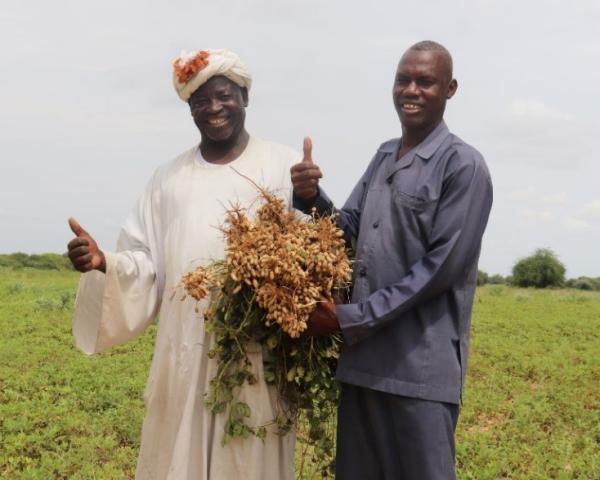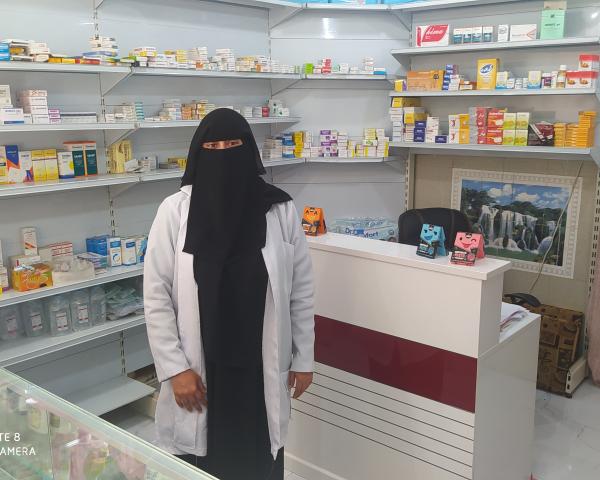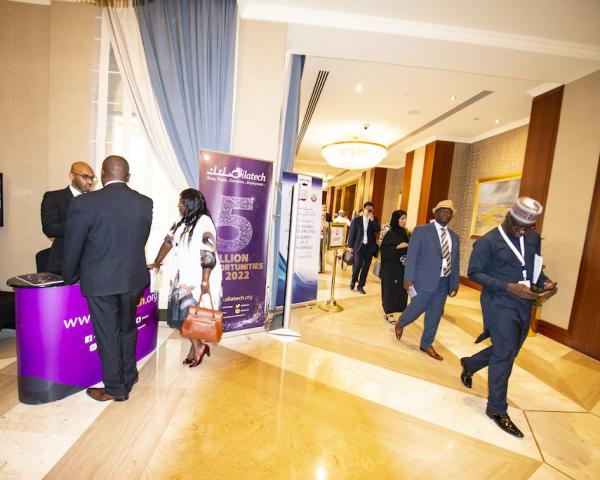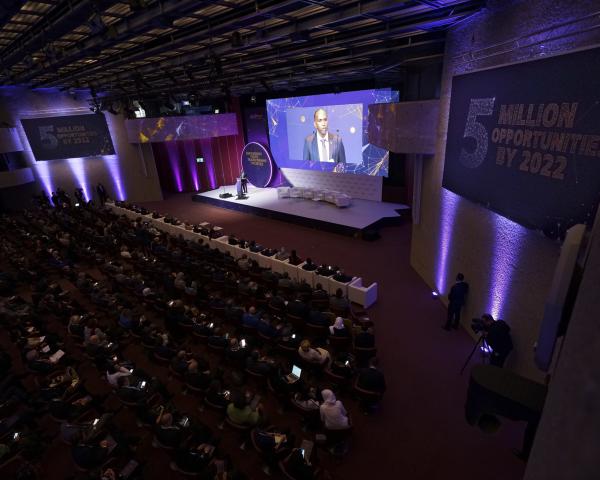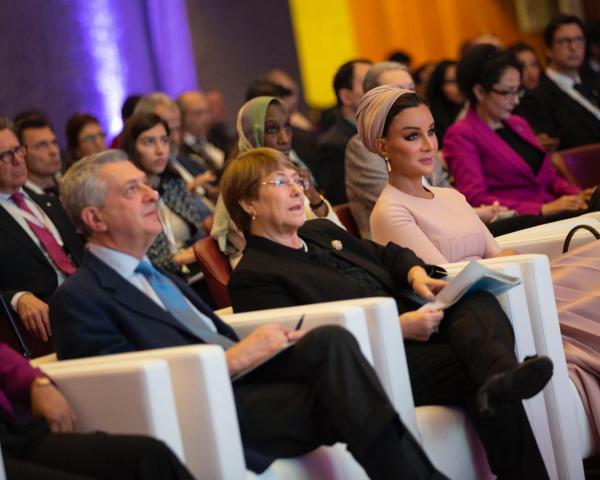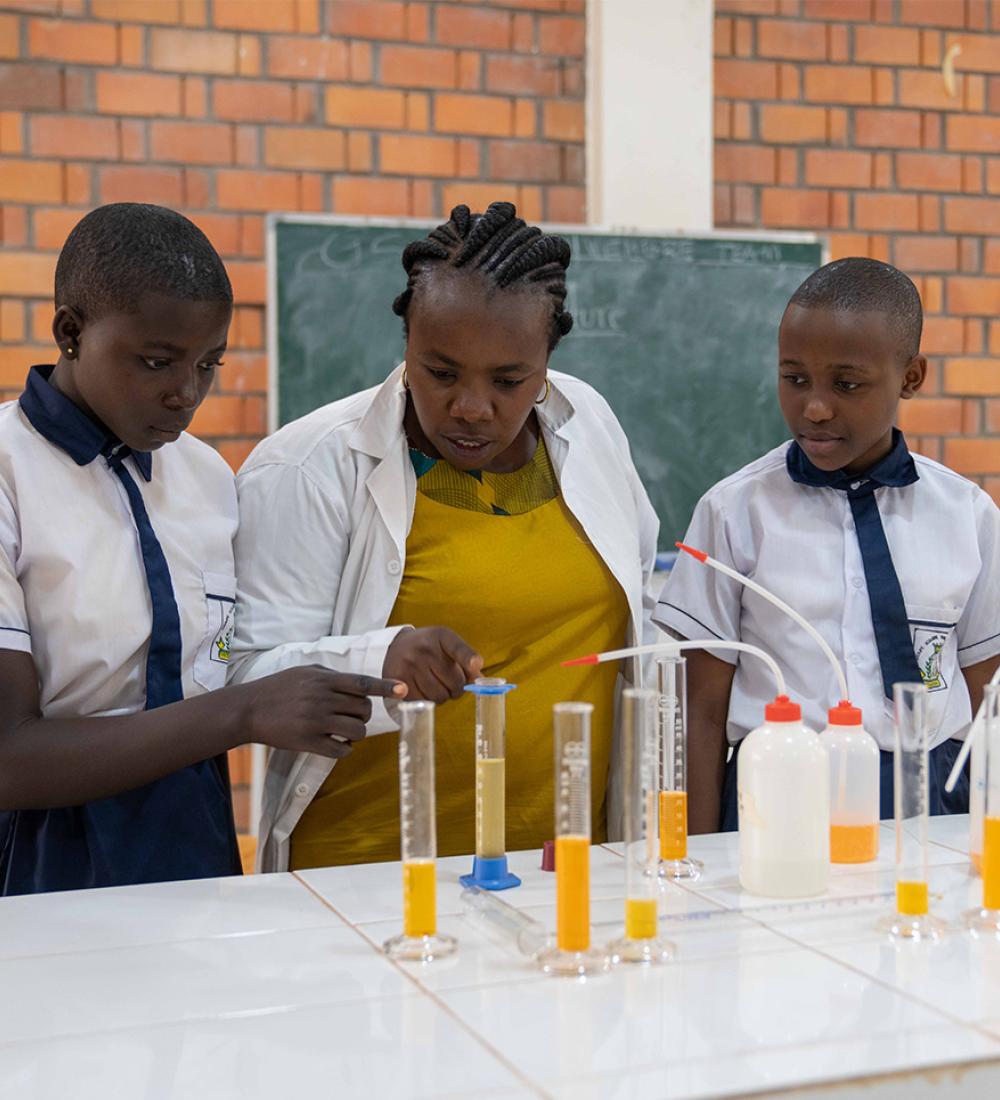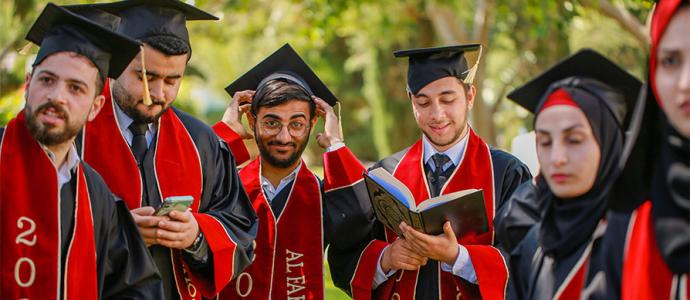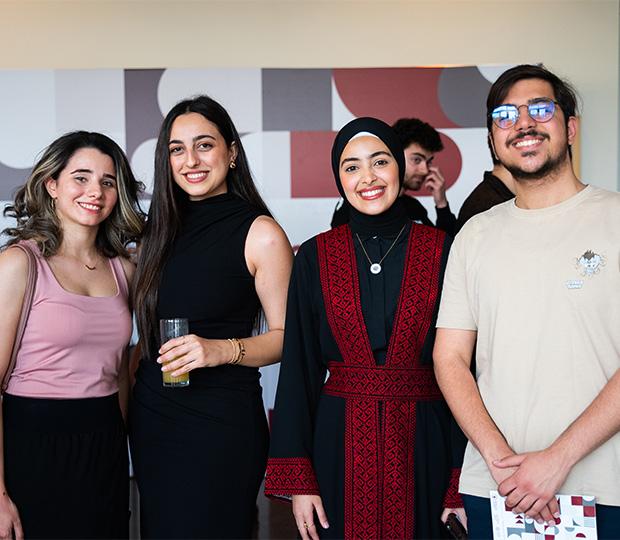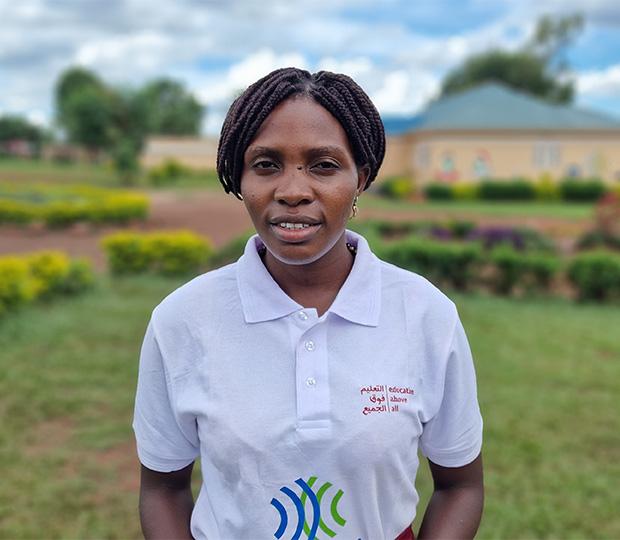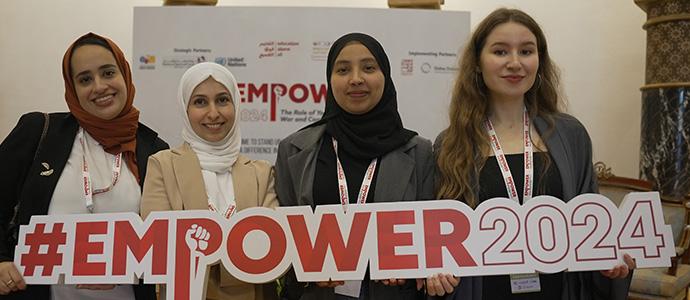Empowering Sudanese Youth: Pathways to Stability and Prosperity
The intense conflict swiftly escalated beyond the capital, engulfing communities nationwide and devastating vital infrastructure. Roads, hospitals, schools, and water supply systems were destroyed, significantly worsening Sudan's already dire humanitarian and economic conditions. Agriculture, the nation's economic backbone, faced catastrophic disruptions, leaving fields unplanted and markets deserted. Food insecurity surged dramatically, and economic hardships deepened, impacting millions of Sudanese.
Sudan is now the world’s largest humanitarian crisis. Some 30 million people need assistance and over 10 million have been displaced. Many have been forced from urban centres to rural areas or displacement camps, already strained by limited resources and services. Yet, despite such harsh circumstances, around 400,000 displaced individuals have now begun cautiously returning to their homes in Khartoum and neighbouring regions, attempting to rebuild their lives amid fragile conditions.
Challenges and Opportunities for Sudan’s Youth
This unfolding crisis presents significant challenges and unique opportunities for Sudan’s youth, the backbone of Sudan’s future. The destruction of infrastructure, disruption of education, lack of vocational training, and competition over scarce resources severely hinder youth employment opportunities and economic independence. However, Sudanese youth have demonstrated remarkable resilience and adaptability. They remain hopeful and determined, actively seeking solutions through sustainable livelihoods, better access to resources, and practical vocational training. Their voices, captured through community consultations, clearly illustrate their desire to be proactive contributors in their nation’s recovery and development, rather than merely passive recipients of humanitarian assistance.
Recognising the dual need for employment and self-employment among Sudanese youth is essential for lasting peace, stability, and economic revival. Despite challenging conditions, many young people have started small businesses, such as bakeries or solar panel workshops, even within displacement camps. These efforts highlight their potential as powerful drivers of economic growth. At the same time, a significant number are in need of immediate wage-based employment to meet their basic needs and support their families. With structured support—including skills training in agriculture, livestock management, entrepreneurship, and digital literacy, coupled with access to critical resources like micro-grants, agricultural inputs, land, and employment opportunities in infrastructure rehabilitation—youth can play a critical role as agents of recovery and rebuilding.
The Role of EAA Foundation, UNDP and QFFD
As displaced people start to return home, initiatives such as the Employment and Self-Employment through Strengthening Food and Livelihood Security project support in Partnership with Education Above All Foundation (EAA) and UNDP Sudan with the generous contribution from Qatar Fund For Development (QFFD) is paving the way forward. Targeting 17,700 youth job placements through micro-grants, agricultural inputs, infrastructure rehabilitation, and cash-for-work schemes, the project is expected to enhance food security and strengthen livelihoods among affected populations. By actively engaging youth in the design, implementation, and monitoring processes, the initiative aims to contribute directly to economic recovery and long-term stability, benefiting over 600,000 direct beneficiaries and approximately 450,000 indirect beneficiaries across conflict-affected regions.
Linking these youth enterprises directly to local and regional agricultural value chains further ensures their long-term viability and economic integration. Meanwhile, employment opportunities in rehabilitated irrigation systems, solar infrastructure, and cash-for-work programs provide immediate income and skills training, especially for those not ready or able to pursue entrepreneurship. Moreover, embedding peace-building activities and social protection measures through the youth mobilisation and leadership within these enterprises can foster durable solutions, stabilise communities and reduce future vulnerabilities.
Sudan’s path toward recovery relies heavily on the energy, ingenuity, and determination of its youth, whose active participation in entrepreneurship and community rebuilding not only addresses immediate challenges but also secures a sustainable, peaceful, and prosperous future for the country.
Voices from the Field: Daffalla Abdalla – Young Farmer from Barbr Al-Fuqara, Gedaref State
"My name is Daffalla Abdalla, a 29-year-old farmer from Barbr Al-Fuqara in Al-Quraysha, Gedaref. I depend on rain-fed agriculture to support my family of eight, and also engage in small trade after the farming season. I farm around ten feddans—half owned, half rented—but struggle with high ploughing costs and delays in land preparation, often missing the crucial early season.
Being selected as a project beneficiary has given me hope. Access to improved seeds and farming tools, along with participation in agricultural cooperatives, is reducing my costs and helping me prepare my land on time. This support is even more important as I’m also hosting five displaced relatives. I see this project as a real opportunity to improve our livelihoods and uplift rural farmers like myself. I sincerely thank everyone behind this initiative."







